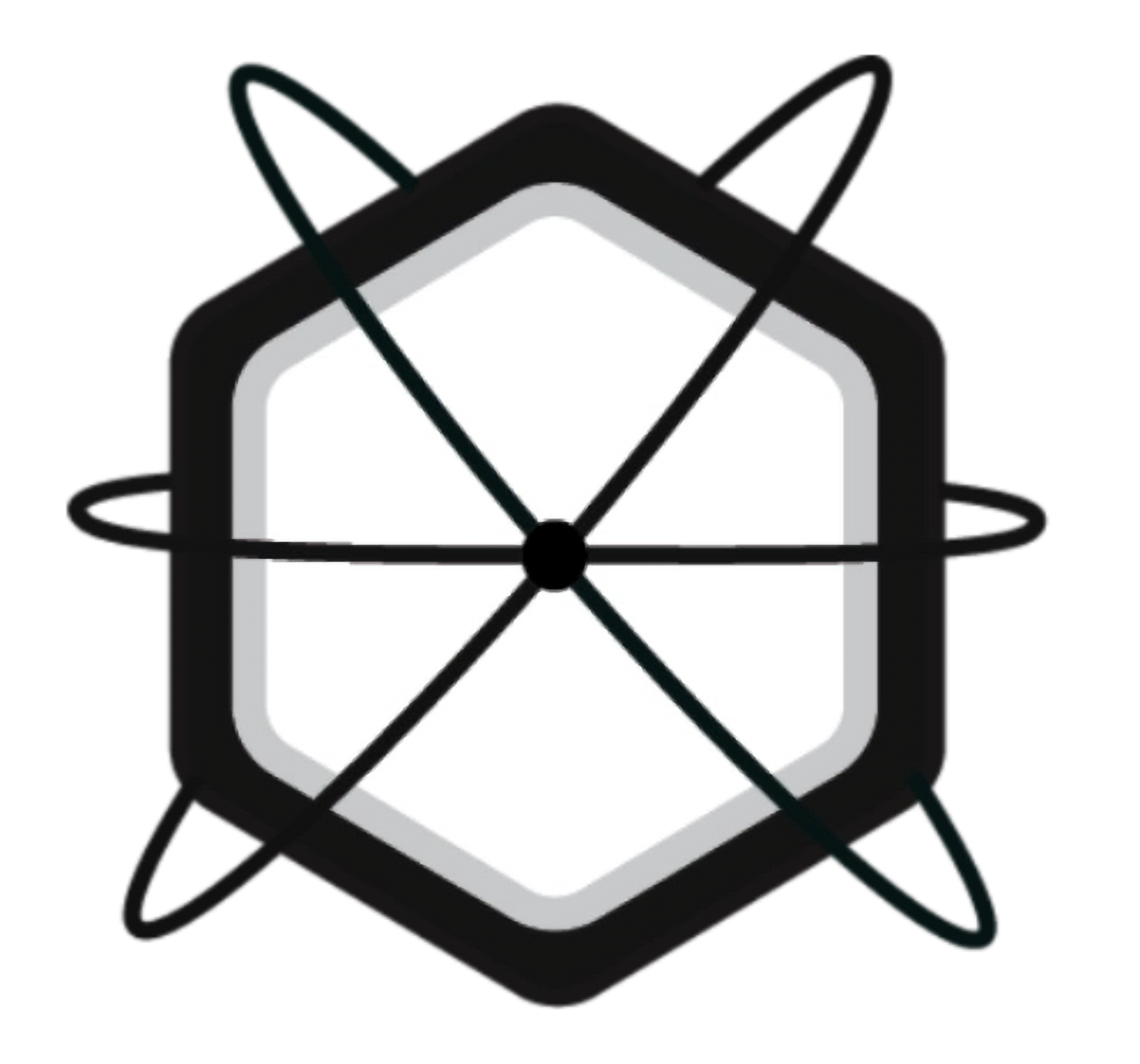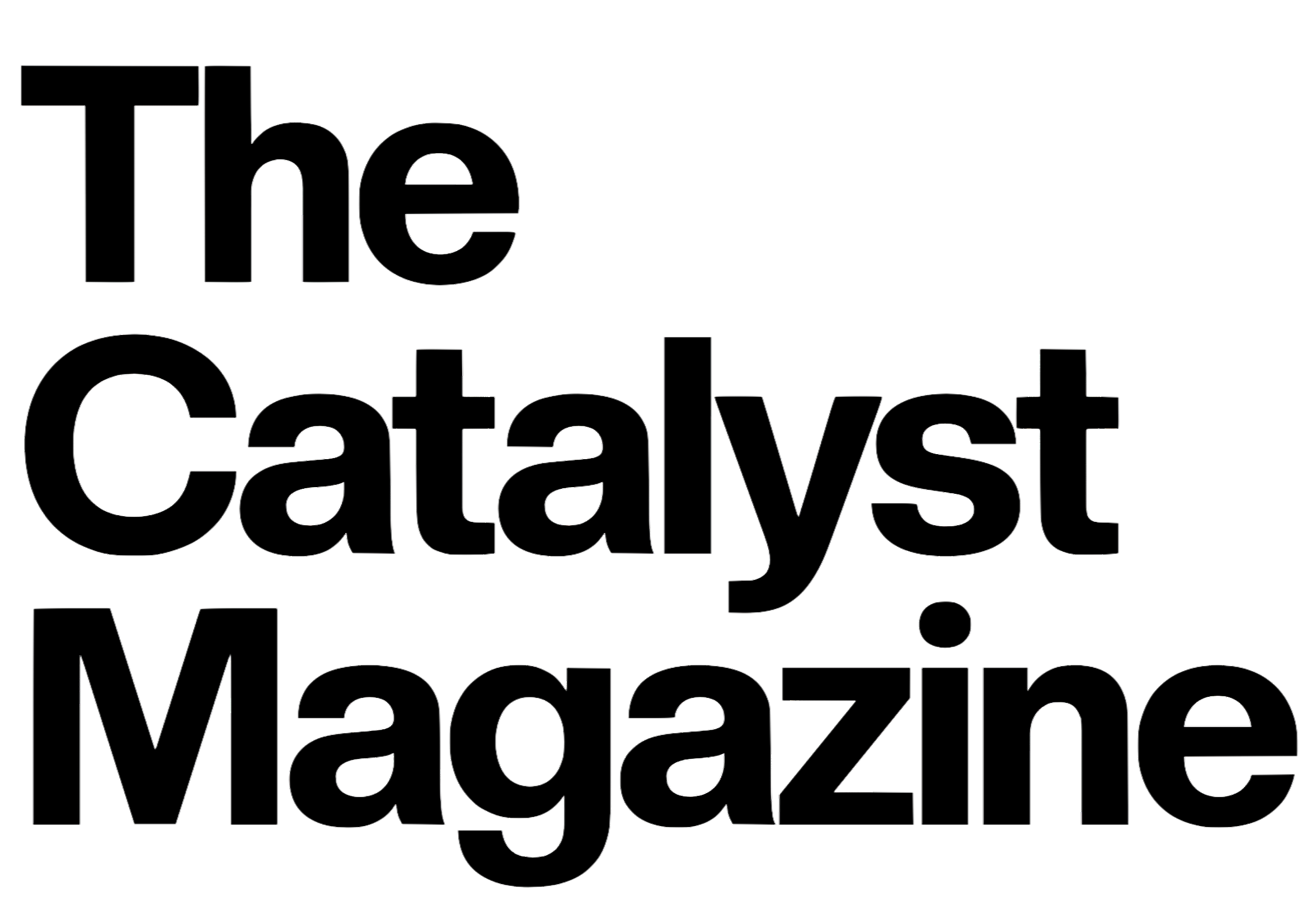From Battling a Rare Bioweapon Pathogen to Pioneering Global Health Security
- Aidan Schurr
- Jun 30, 2025
- 7 min read
Updated: Jul 24, 2025
Rebecca Katz’s plan to volunteer in India was unraveled by a severe illness that doctors in the U.S. struggled to diagnose. After eight months, they found the cause: a rare pathogen once weaponized by the U.S. military. The surreal experience would change everything, leading her to become an expert on her own disease and discover a new calling at the intersection of public health and national security.
A Timely Intersection of Public Health and National Security
On September 10, 2001, a young Rebecca Katz, a public health doctoral student, submitted a paper outside the typical realm of classic epidemiology — Biological Weapons as a Public Health issue — a topic that was not widely covered at the time.
However, within less than a year, following both the attacks on 9/11 and the Anthrax Attacks, Katz’s interest in the intersection of public health and national security was no longer a science-fiction concept, but a part of a burgeoning field of medical research.
In her career since, Dr. Katz has demonstrated incredible efficacy for tackling critical issues ranging from biosecurity and urban planning to pandemic preparedness and disease outbreak emergency responses. The Catalyst had a chance to sit down with her and take a deep dive into her career and insights, spanning from governmental to academic work.
From Global Health to National Security
Katz’s career, like many, began with ambitions that looked quite different from where she ultimately landed. Raised in a family deeply rooted in public health, dinner table conversations didn’t revolve around investment banking or law school applications, but instead around health, equity, and the medical systems that shape people’s lives.
“I really thought I wanted to do a kind of resource allocation for global health policy,” Katz said. “I was going to be a health economist and study things like the impact of access to clean water.”
However, before jumping into graduate school to pursue this goal, Katz had an itch for something else: travel. Determined to immerse herself in the kind of global work she hoped to one day lead, she convinced her parents to support a year-long volunteer trip to India.
“I was going to spend a year doing volunteer work.” Katz said. “The plan was to spend the first six months in southern India working helping out in maternal and child health clinics and then spend the last six months volunteering for Mother Teresa.”
But that plan unraveled when Katz fell gravely ill. After just a few months, she was forced to cut her trip short and return to the U.S., where doctors struggled to diagnose her. For eight months, she remained sick while medical teams searched for answers. Ultimately, they discovered she had contracted a rare pathogen that had once been weaponized by the U.S. military in the 1950s as part of its former offensive biological weapons program.
This experience, harrowing and surreal, would change everything, she said.
While enduring her illness, Katz began her Master’s in Public Health at Yale University, choosing the school not just for its academics, but for its access to top-tier doctors to treat her illness. She found herself in a strange dual reality.
“I was discovering the field of epidemiology… And I was also becoming really smart on my own disease,” Katz said. “If you have the intellectual capacity to do so, you have to become your own advocate.”
In the process of becoming an expert in her own disease, Katz stumbled upon a body of literature about biological weapons and biodefense, topics that had not yet entered the mainstream of undergraduate study. Her experience gave her a uniquely visceral connection to the subject. With a background in policy, economics, and epidemiology, she saw a new convergence of disciplines: national security and global health.
Though there were few formal paths to follow in this emerging field, Katz couldn’t shake the feeling that this was where she was meant to be, she said. She began attending niche meetings, often the only woman in the room, and usually the youngest by far, slowly carving out space in a field that hadn’t yet fully formed.
Pioneering a New Field in the Wake of National Crises
By the time Katz decided to pursue a PhD in 2000, she had a clear idea of what she wanted to study: the intersection of disease and security. Most schools didn’t quite know what to make of her proposal, but Katz pushed forward, undeterred. Eventually, a former dean from her program at Yale, who had now moved to Princeton, encouraged her to pursue her graduate studies within their School of Public and International Affairs (formerly the Woodrow Wilson School). There, Katz had the opportunity to combine courses in Epidemiology and National Security, and would soon be writing about biological weapons as a public health threat — inadvertently submitting one of her exam papers on September 10, 2001.
“The thing everyone had been humoring me about, well, it became a real thing after 9/11 and the Anthrax attacks,” Katz said.
This background set the stage for a meteoric rise for the field of biosecurity, a sphere that Katz’s background perfectly aligned with. Here she sought out internships within the intelligence community and simultaneously collected data for her dissertation. Through an historical analysis of biological agents used in warfare, Katz declassified almost 9,000 pages of documents to finish her thesis.
From there, having earned her PhD, Dr. Katz began consulting for the U.S. Department of State. Between 2004 and 2019, she supported U.S. delegations to the Biological Weapons Convention (BWC) in Geneva, Switzerland, advising on global norms around the peaceful use of biological science and the prevention of biological weapons development.

In parallel, Katz worked closely with global partners, including the World Health Organization’s (WHO) Health Emergencies Programme, where she shared expertise on emergency preparedness and the International Health Regulations. At the policy level, Katz collaborated with ministries of health and foreign affairs in countries such as Uganda, India, and Jordan, helping to design and evaluate pandemic preparedness plans, infectious disease reporting systems, and public health emergency operations centers. Her advisory work has also extended to the Global Health Security Agenda (GHSA), where she has supported the design of the program..
However, it wasn’t long before Katz found herself drawn back into academia. In 2005, a former mentor encouraged her to lecture in his course at the George Washington University (GWU) School of Medicine. Lecturing led to more interactions with the GWU faculty, and soon the School of Public Health — now the Milken Institute School of Public Health — soon offered Katz a faculty position. There, she continued her work at the intersection of epidemiology and national security, ultimately receiving a prestigious K Award from the Centers for Disease Control and Prevention (CDC) to support her research.
Still consulting with the State Department, Katz eventually transitioned her research group to Georgetown University in 2016. She now leads their Center for Global Health Science and Security, where she has continued to shape the field of health security through policy research, education, and public engagement.
Applying Decades of Experience to the Front Lines of a Global Pandemic
In early 2020, as the global threat of COVID-19 began to emerge, Katz’s years of experience positioned her at the forefront of the response. She was one of the first scientists in the United States to publicly call for the outbreak to be declared a public health emergency of international concern (PHEIC). On February 28, 2020, she published “The Novel Coronavirus Originating in Wuhan, China Challenges for Global Health Governance” as a warning.
“We are now faced with the very real prospect that COVID-19 may become a pandemic,” Katz wrote in the publication. “Health leaders and policymakers should begin to plan for a pandemic.”
While the WHO would not officially declare COVID-19 a pandemic until March 11, 2020, Katz’s early call reflected the urgency that much of the public health community was beginning to feel.
Leading up to and following the 2020 election, Katz served on the Biden-Harris Transition COVID-19 team, helping shape public health strategies for the incoming administration. She also rejoined the State Department, serving under Secretary Antony Blinken as a senior advisor on pandemic response and global health security.
For Katz and others in the field, identifying public health as a national security challenge became a lot more apparent after the COVID-19 pandemic.
A Framework for Future Preparedness Through Interdisciplinary Collaboration
Katz has spent much of her career thinking about that question. For her, the answer is not rooted in a single discipline, tool, or institution. It is about collaboration.
“When you’re responding to an outbreak, you don't just need epidemiologists. You need virologists, clinicians, politicians, economists, logisticians, behavioral scientists,” she said.
In theory, that level of coordination sounds simple. In practice, it remains elusive.
“A challenge in academia is that it’s still organized in silos, but the problems we face are multidisciplinary,” Katz said.
This obstacle was part of what motivated Katz to move her lab from GWU to Georgetown, where she hoped to foster a more multidisciplinary approach to research. However, interdisciplinarity amongst departments is not enough. Katz also believes Washington, D.C. holds a unique position in the field of health security.
“The proximity to decision-makers is critical. You can walk down the street and have a coffee with someone at the HHS or State Department,” Katz said. “It’s not just about being near them — it’s about having a relationship where people know your work and trust your judgment.”
To help bridge these gaps, Katz and her team have launched several tools and initiatives aimed at building stronger, data-driven responses to pandemics. This includes the Analysis and Mapping of Policies for Emerging Infectious Diseases (AMPED) project that catalogues global health policies and how they may affect outbreak outcomes.
These tools reflect a core principle in Katz’s work: knowledge should be actionable. Whether writing early warnings, creating digital tools for decision-makers, or mentoring the next generation of public health leaders, her focus remains the same.
The next pandemic is not a question of if, but when. The better the nation understands the systems that failed — and the people and partnerships that responded — the more prepared the country and the world will be to face the music.








Comments